How It Feels: To Be Biracial and Latino
Living in two different worlds at once can be challenging.
J. Molina explains how it feels to grow up biracial.
April 3, 2023
Best of both worlds. It’s a simple phrase that gets thrown around a lot, but nobody talks about what it means to be part of both worlds. It’s easier to think of those worlds as two patches of grass. They’re very different, distant, and beautiful, but stretching your legs to reach both at once isn’t easy. As a biracial Latino, I’ve been doing this stretching since I was born, but I realized at a young age that not everybody has had the same experience. So when you have two cultural identities — two very different and beautiful worlds — to live in, what is it like?
To start, there’s the idea that Americans will always know English, and people from Spanish-speaking countries will always know Spanish. But being fluent in both isn’t guaranteed when someone has two parents with different native languages. This scenario isn’t that uncommon; that was the case with my parents, after all. But this pre-established idea made it feel like I should have already been fluent in Spanish when I was a child, instead of only being fluent in English like I grew up to be.
I never blamed my parents for this, though. The story behind why I wasn’t raised speaking Spanish is a sweet one: my parents fell in love without knowing each other’s languages, so they learned for each other. By the time my brother and I were born, our dad was still expanding his English skills, and the possibility of us learning Spanish early faded.
Did I feel any lesser for not knowing Spanish? Well yes, and I sometimes still do. I’ll admit here that it’s always something I’ve been self-conscious of, something that made me different from other people who look like me. I couldn’t talk to half of my many cousins, aunts, or grandparents, and it was a hard feeling to deal with. Without this language, was I even worthy of calling myself Hispanic?
Perhaps that’s why I need to learn Spanish now instead of continuing to be sad over that difference. It’s not to prove that I’m Hispanic or to compensate for lost time, but to have that connection with the other half of my family. The fact is that not knowing a language doesn’t make you any less a part of your culture. That’s something all children in mixed-race or mixed-culture families like mine should know, and I wish I knew it sooner, too.
There’s more to the story than my language barriers, however. I’ve also had to think a lot about labels and how to identify myself. After all, I wanted to acknowledge my mixed identity. Growing up, the only term my parents knew to use was “Hispanic.” That term relates to Spain or Spanish-Speaking countries and can be used to identify people, too. But my brother and I didn’t know Spanish. “Latino” applies to those from Latin American countries, but I didn’t grow up with it. “Chicano” is the term that likely works the best in theory, since it refers to people of Mexican descent that live in the United States. But I didn’t grow up knowing this term either, so for now, I’m still in the process of learning what I like most.
As I’ve grown older, I’ve also become more aware of my race. I don’t have tan skin, but my facial features are visibly non-white. I thought the term “bi-racial” was limited to mixed African-Americans, but I’ve realized that I can use this to describe myself, too. I may not look exactly like anyone else with the label, but I don’t have to either, because there’s no “right” way to be something. Labels are nothing more than chosen identifiers.
Outside of language and labels, how else does being part of two worlds affect me? I get to experience both cultures and form unique experiences that others may not have. I’m very proud of my Mexican and American heritage and the cultures that come with them, and all of that pride comes from my experiences. I can’t say that I’ve ever actually walked the streets of Mexico, but I have gone to the *carne asadas of random people that I’m told knew me as a baby. I’ve felt the overwhelming closeness and loyalty of a Latino family as much as I’ve felt the good-hearted nature of an American family. I have cousins on both sides that I can hardly recall by name but love all the same. I like being able to tell others of my unique experiences, too, and how “I don’t know why they had a bouncy house and a mariachi at the grill-out; it wasn’t even for anyone’s birthday!” All of this adds up to a mixed cultural experience that forever shapes me.
What I’ve learned from my experiences over the years is that identity is what you make of it. Not anybody else; you. Labels are yours to be defined by or to shed. My mixed-race background, labels, and language abilities don’t entirely define me as a person. I’m so much more than just my background, but at the same time, I’m proud of my uniquely mixed experiences. To come from several different worlds or patches of grass means that you can make your own world from the knowledge of both. Most importantly, I’ve learned that belonging to several different identities doesn’t have to be difficult, and I hope to teach others the same, too.
*Carne asadas, in this context, refers to Mexican grillouts.

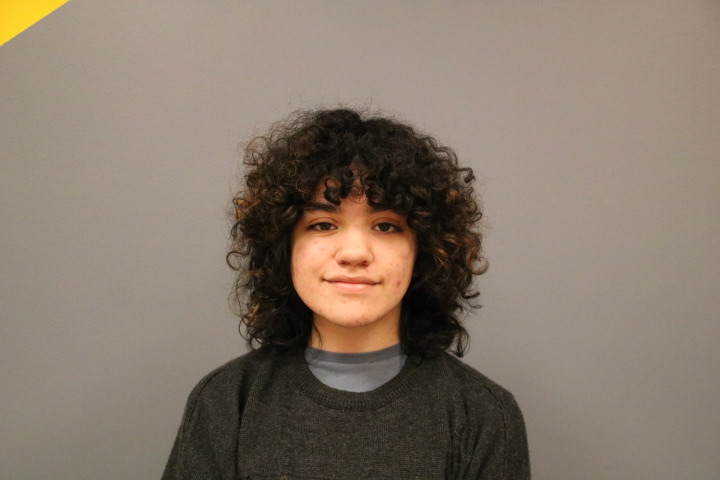
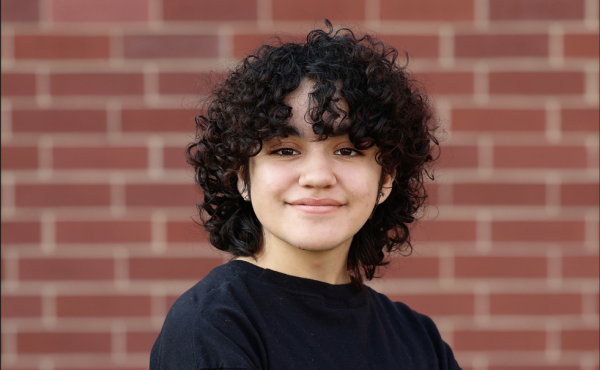


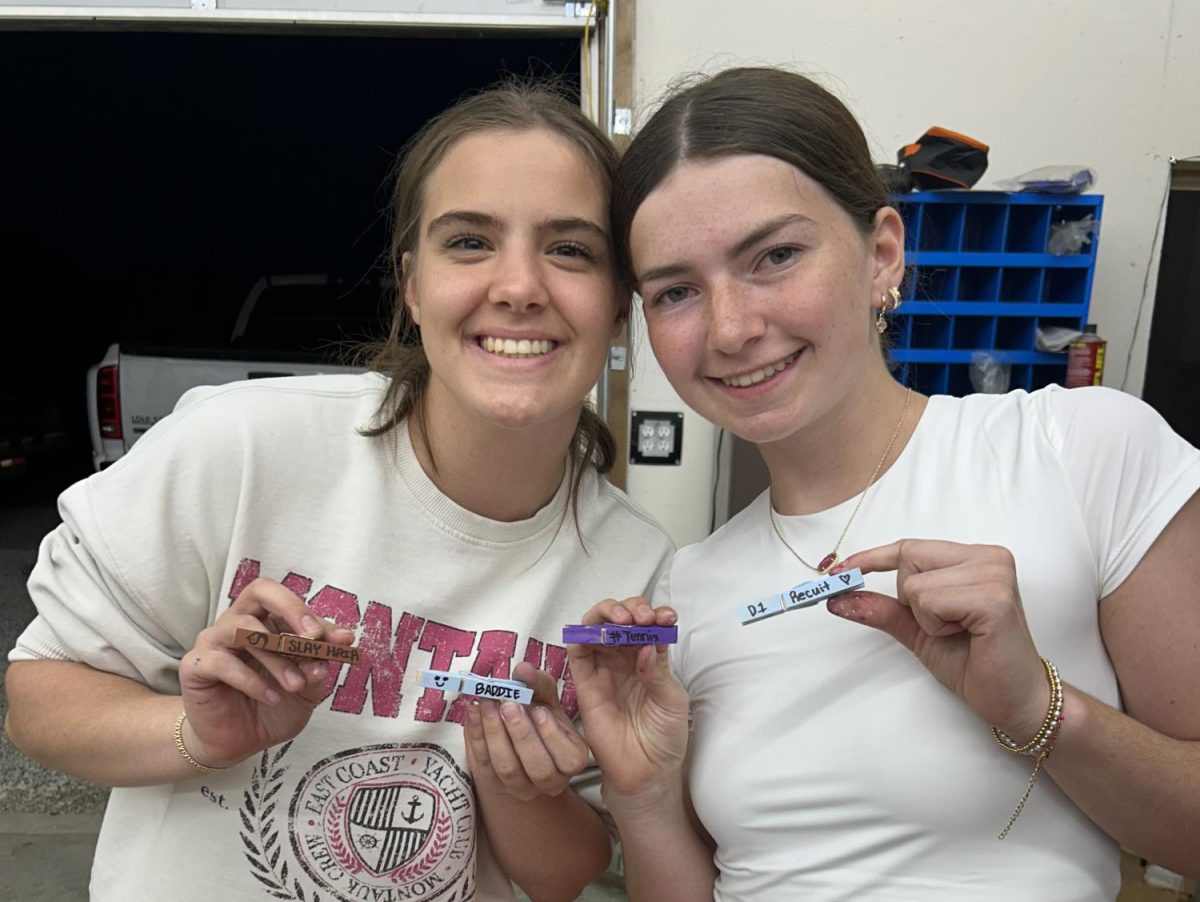
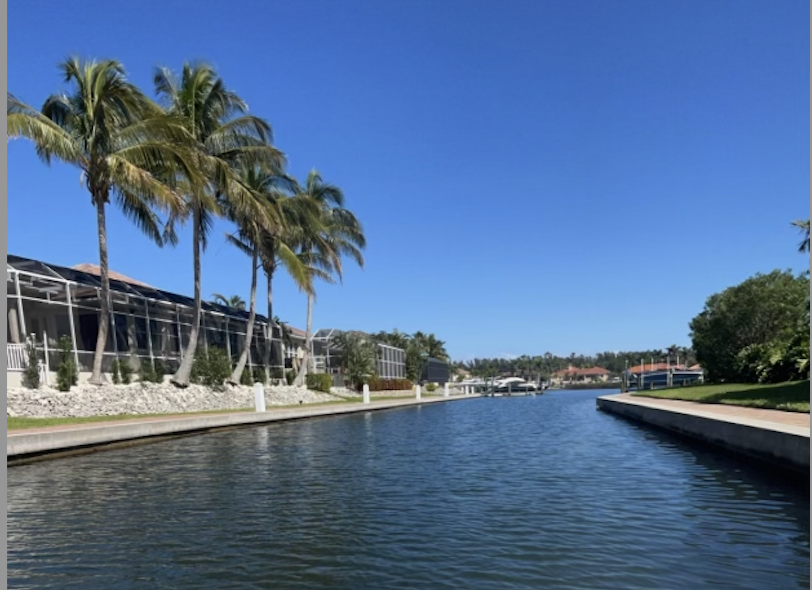
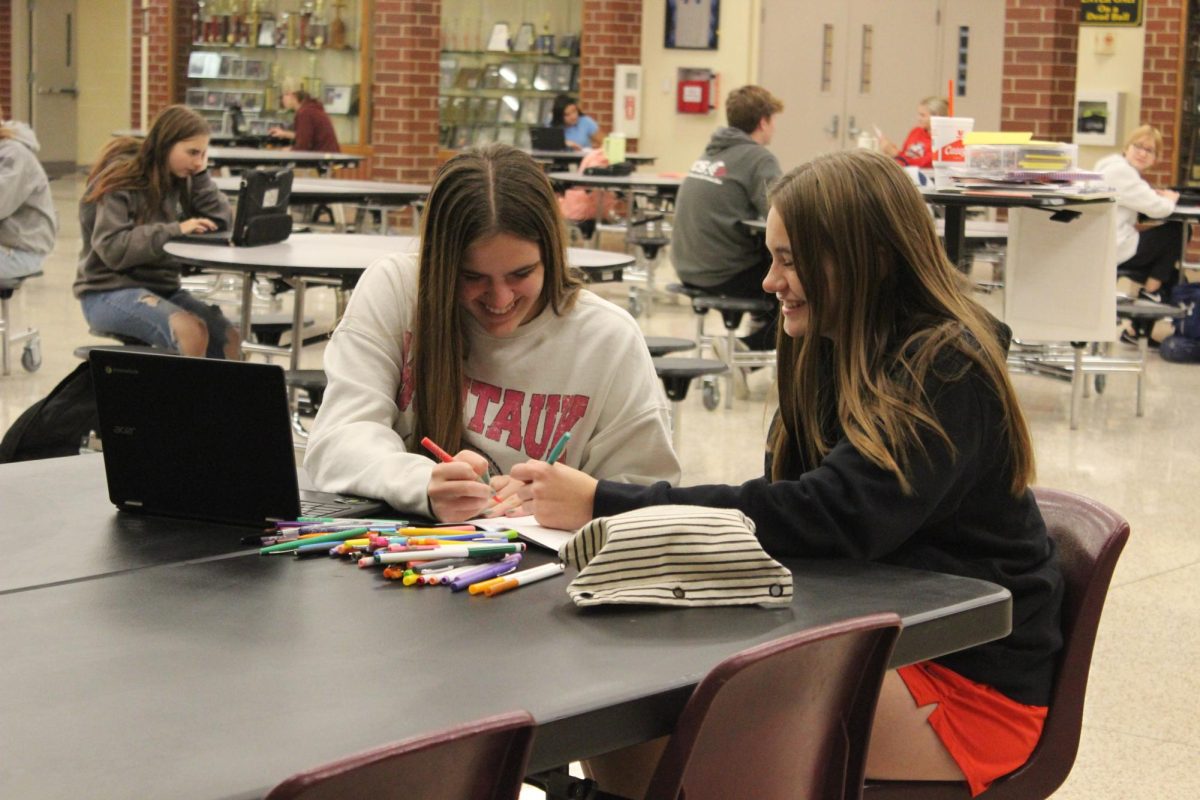



Quinn • Apr 13, 2023 at 2:43 pm
Such an amazing read! I love the poeticism of this article and I’m so proud of your work. It’s refreshing to see an article about the thoughts and feelings you have about your ethnicity and the overwhelming love and connection you feel with your relatives. The line “I have cousins on both sides that I can hardly recall by name but love all the same,” really emphasizes the contrast between Mexican and American culture, and is overall such a heartwarming sentence.